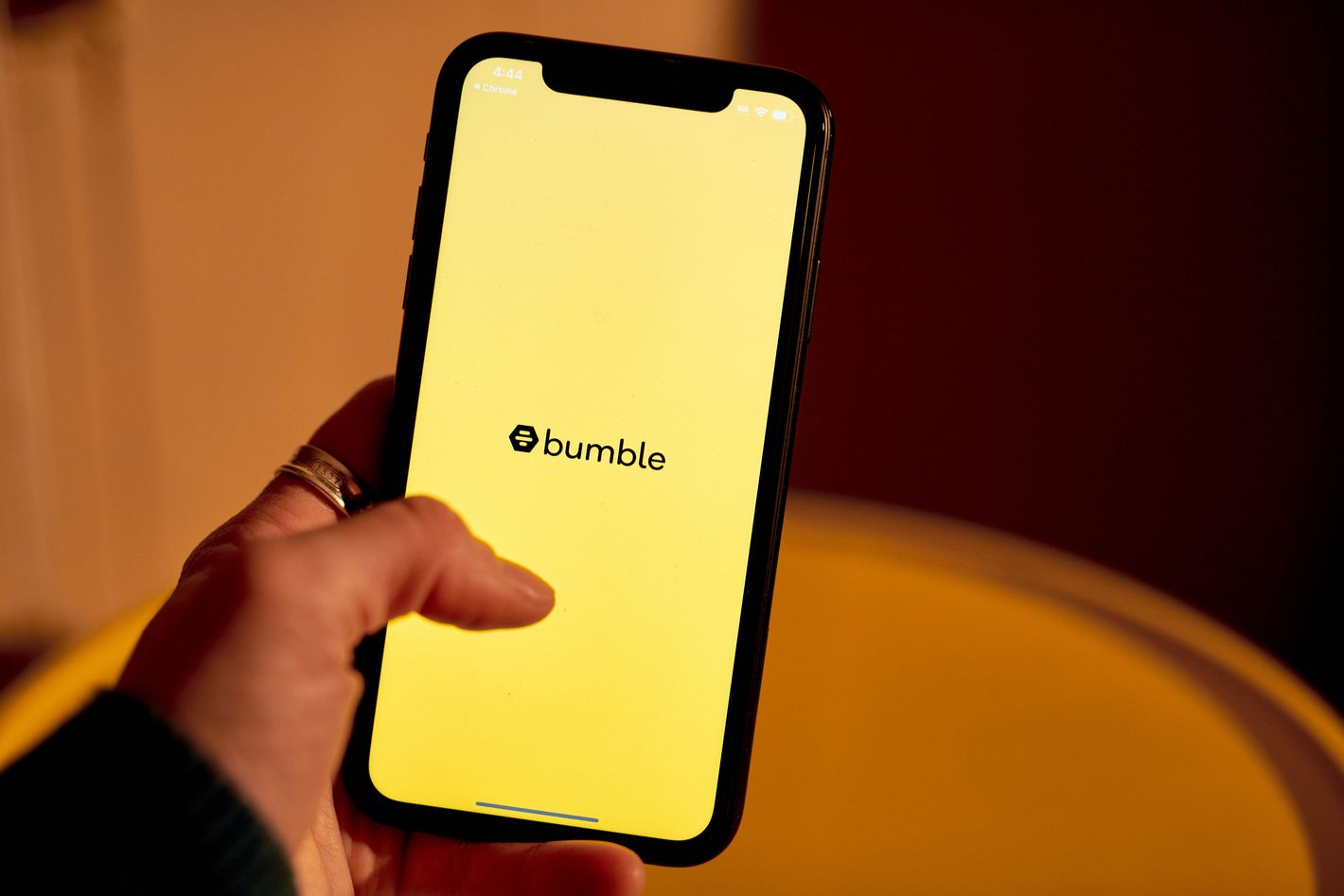
Lately, Bumble has been making some big changes. After a new CEO, Lidiane Jones, took over in January, the company recruited Barry Keoghan to thirst-trap potential swipers into submission and finally ditched its founding premise of making women message men first. But the app’s rebrand appears to have hit a snag: An anti-celibacy ad campaign has ticked off a lot of potential customers.
Two weeks ago, Bumble rolled out a commercial that showed a woman attempting to “swear off dating” and become a nun, only to abandon her convent after drooling over a sexy shirtless gardener and receiving an illicit phone loaded with the Bumble app. “We’ve changed so you don’t have to,” an overlay text reads,presumably referring to the slate of new features the app is rolling out alongside its “opening move” pivot. “Introducing the new Bumble.”
Shortly after the commercial aired, a handful of billboards popped up around L.A. with taglines such as “You know full well a vow of celibacy is not the answer.”
The campaign seems to be responding to the increasing conversation around voluntary celibacy — a popular TikTok hashtag — among young women, many of whom say they find dating and hookup culture so toxic, degrading, or dangerous that they’ve opted out altogether. Dating apps, with their gamified format, questionable background-checking practices, and rampant harassment, have been criticized as part of the problem — and, though Bumble originally claimed to set itself aside by empowering women to make the first move, it’s never been clear how our lived experiences on the app are all that different from, say, Tinder or Hinge. The new billboards, which dismiss a decision that many women say made them feel safer and more powerful, are not doing the supposedly feminist dating app any favors.
In response, TikTokers laid into Bumble for encouraging women to solve their dating problems by just having sex, all while brushing the very valid reasons they choose to abstain under the rug. A lot of them said the billboards were a great reminder of why they chose celibacy in the first place — including Julia Fox, who commented on one post, “2.5 years of celibacy and never been better tbh.”
Meanwhile, a spokesperson from Bumble responded to the backlash in a statement sent to The Cut. “We have heard the concerns shared about the ad’s language,” she wrote, “and understand that rather than highlighting a current sentiment towards dating, it may have had a negative impact on some of our community. This was not our intention and we are in the process of removing it from our marketing campaign.”
Related
- A World Without Men
Danielle Cohen , 2024-05-13 23:42:00
Source link


